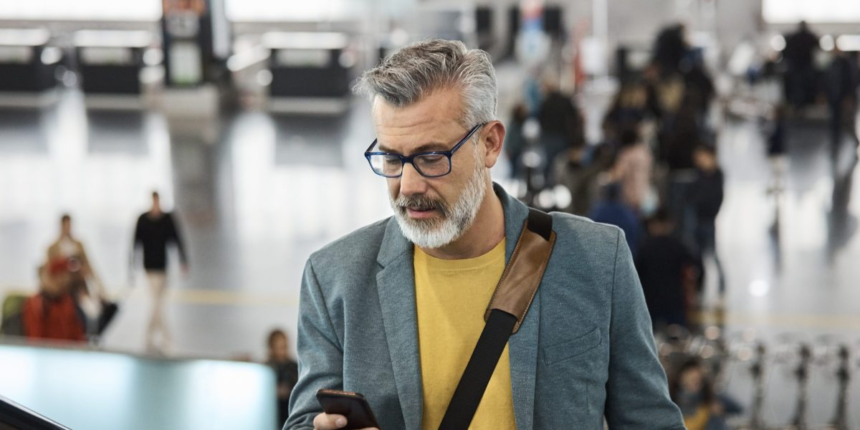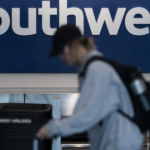That’s why the declining pleasure of the airport lounge resonates for a deeper reason: it’s a metaphor for the declining prospects of the upper middle class in an age of “elite overproduction,” which argues that certain societies grow so rich and successful that they produce too many people of premium education for the number of premium jobs—or premium experiences—that the economy can actually support.
The elites have been so overproduced that you can literally see them—in lines stretching out of airport lounges.
This widespread expectation—and dissatisfaction—is not just a matter of comfort. For many, the lounge was a symbol of having “made it”—a reward for loyalty, status, or financial success. Its decline has become a source of frustration and even embarrassment, especially for those who remember a more exclusive era. There’s an emotional trigger behind an unpleasant lounge experience.
In the context of airport lounges, the “elite” are not just the ultra-wealthy, but the vast upper middle class—armed with a combination of higher degrees, status, and premium credit cards—now jostling for the same perks. But what if much of society has been turning into some version of an overcrowded airport lounge?
Turchin said lounges are not by definition restricted from expansion in the same way that political offices are, with a core element of his thesis being there are too many sociopolitical elites for the number of positions open to them, but “it’s the same thing” in light of the difficulties many providers have in expanding lounge access. “There is a limited amount of space, but many more elites now, so to speak … low-rank elites.” Turchin said these low-rank elites, or “ten-percenters,” don’t have the status typically associated with elite status. “The overproduction of lower-ranking elites results in decreased benefits for all.”
When asked where else he sees this manifesting in modern life, Turchin said “it’s actually everywhere you look. Look at the overproduction of university degrees,” he added, arguing that declining rates of college enrollment and high rates of recent graduate unemployment support the decreasing value of a college diploma. “There is overproduction of university degrees and the value of university degree actually declines. And so the it’s the same thing [with] the lounge.”
Noah Smith argues that elite overproduction manifests as a kind of status anxiety and malaise among the upper middle class. Many find themselves struggling to afford or access the very symbols of success they were promised—be it a prestigious job, a home in a desirable neighborhood, or, indeed, a peaceful airport lounge. He collects reams of employment data to show that Turchin’s theory has significant statistical support from the 21st century American economy.
Freddie DeBoer largely agrees, framing the issue as “why so many elites feel like losers.” He focuses more on the creator economy than Smith, but asserts that he sees “think many would agree with me about “a pervasive sense of discontent among people who have elite aspirations and who feel that their years toiling in our meritocratic systems entitles them to fulfill those aspirations.”
In its lounge strategy, Delta is trying to walk a fine line: Offering a premium service to a class of consumers that is becoming more and more mass-market. CEO Ed Bastian acknowledged as much on the company’s latest earnings call. While touting the fortunes of Delta’s target customers, households making $100,000 or more a year, Bastian noted the income cutoff “is not, by the way, an elite definition—that’s 40% of all U.S. households.”
Delta executives are optimistic. They predict that by 2026, most crowding issues—aside from extreme disruptions—will be resolved on “almost all days.” Continued investments in larger, better-designed lounges, coupled with tighter access controls, are expected to restore the premium experience customers expect.
But Delta may be overmatched in rehabilitating the overcrowded airport lounge as a potent symbol of this broader malaise. What was once a marker of distinction is now a crowded, noisy, and often disappointing experience. The democratization of luxury, while laudable in some respects, has left many feeling that the rewards of success are increasingly out of reach—or at least, not what they used to be.
As airlines grapple with how to restore the magic of the lounge, they are also confronting a deeper truth: in an age of elite overproduction, the promise of exclusivity is harder than ever to keep.
For this story, Fortune used generative AI to help with an initial draft. An editor verified the accuracy of the information before publishing.









